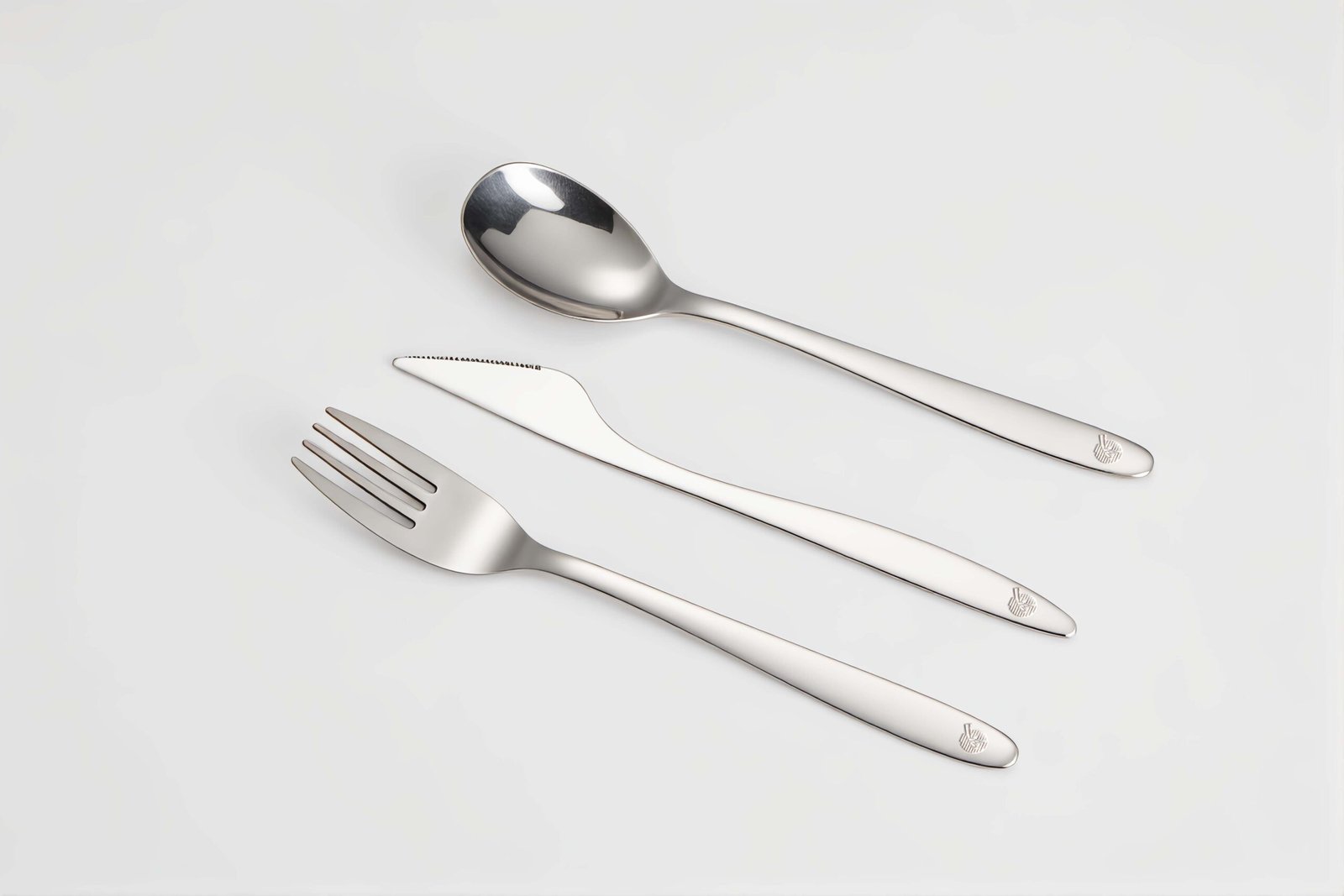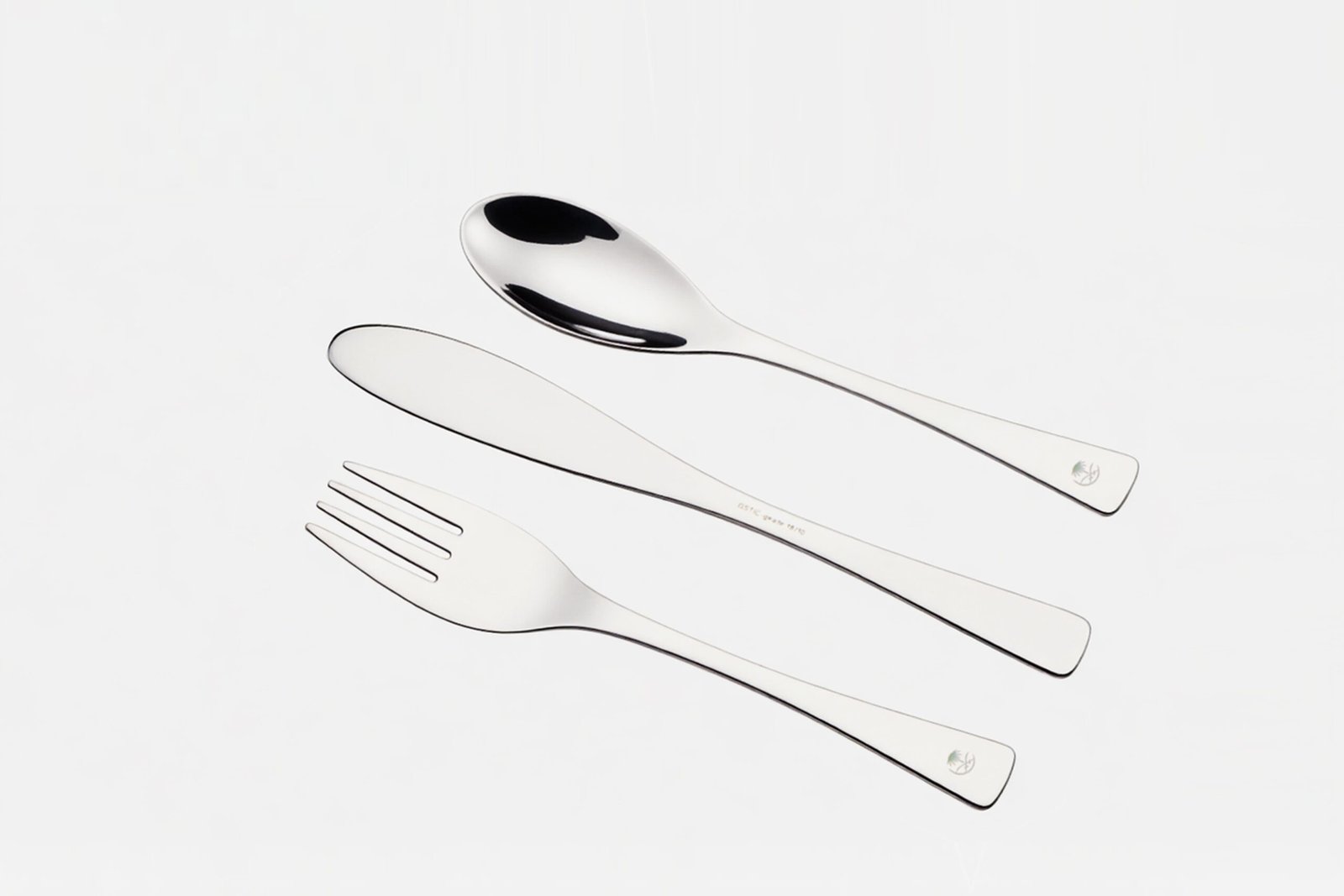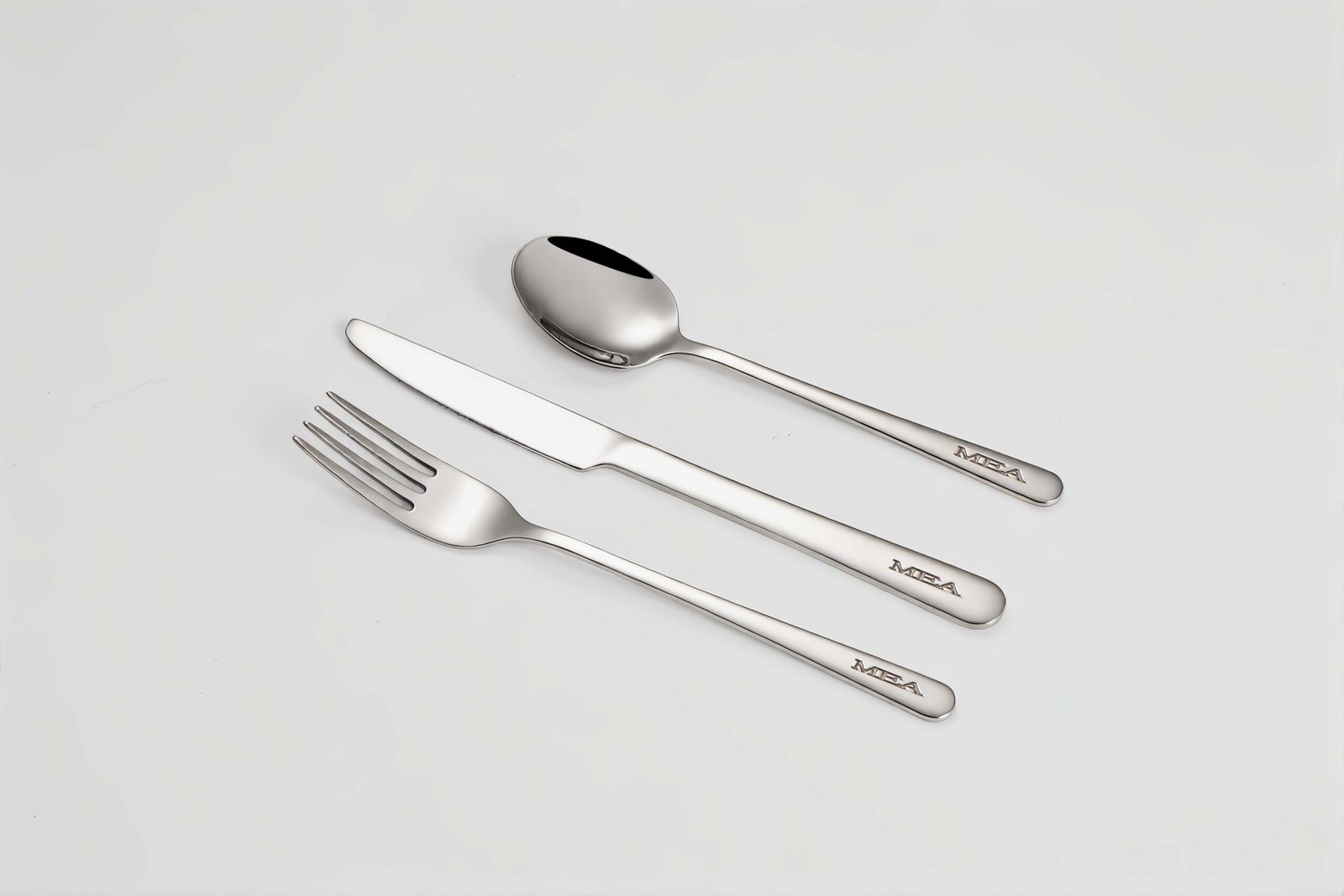Finding a dependable measuring spoon manufacturer can feel like looking for a needle in a haystack.
To choose a reliable measuring spoon manufacturer, look for production expertise, quality certifications, customization capabilities, and a track record of serving international clients.
Many suppliers claim to offer top-tier service, but when it comes to bulk orders, precision, and timelines—only a few actually deliver. In this guide, I’ll walk you through everything I’ve learned from my 10+ years of experience as a kitchenware supplier in China, helping you avoid common traps and pick a truly trustworthy partner.
Table of Contents
Why Does Manufacturer Reliability Matter So Much?
If your supplier messes up, your business reputation goes with it.
Reliable manufacturers reduce your supply chain risks, ensure consistent quality, and help you meet deadlines smoothly.
The Real Cost of an Unreliable Partner
When clients come to me frustrated, it’s often because they’ve been burned by inconsistent quality, delayed shipments, or poor communication from their previous manufacturer. A reliable partner won’t just ship you products—they’ll help you build your brand.
Let’s break down what’s really at stake:

What happens when a manufacturer is unreliable?
| Issue | Impact on Your Business |
|---|---|
| Delayed delivery | Missed launch dates, lost seasonal sales |
| Inconsistent product specs | High return rates, customer complaints |
| Poor communication | Stress, wasted time, misaligned expectations |
| Lack of certifications | Customs clearance issues, failed food safety audits |
Real Story from My Factory
A Turkish client of mine used to work with a local supplier who couldn’t guarantee consistent spoon sizes. That tiny inconsistency led to product returns from Amazon and a 2.3-star review average. When she found us, we first sent free samples, adjusted mold details twice, and finally standardized every single millimeter. Within 3 months, her review score bounced back to 4.9.
What Makes a Manufacturer “Reliable”?
Look for:
| Criteria | Details |
|---|---|
| Certifications | LFGB, FDA, BSCI show quality and ethics |
| On-time delivery rate | We keep ours at 98.6% |
| Response time | You should get a quote within 24 hours |
| Client history | Ask how many repeat clients they have |
| Sample system | Can they provide a prototype before production? |
Choosing a manufacturer isn’t just about price. It’s about finding a long-term partner who will work with you when things get challenging.
What Should You Look for in Their Production Capability?
It’s not just about having machines—it’s about knowing how to use them well.
You should evaluate production scale, technical expertise, and how the factory handles custom requirements.
If a manufacturer can’t scale up or adjust quickly, it can delay your business plans. Here’s what to check:
🏭 Facility and Machinery Checklist
| Factor | What to Ask or Observe |
|---|---|
| Mold capacity | Do they have in-house mold making or outsource it? |
| Injection machines | How many and what tonnage? |
| Finishing methods | Polishing, laser engraving, or silk printing? |
| Custom packaging | Can they provide branded gift boxes or eco-friendly packs? |
📊 Why Capacity Matters
Let’s say you want to launch a promotional gift box of stainless steel spoons for Christmas. If the factory doesn’t have spare mold slots in October, your launch will fail. In my factory, we schedule custom projects 2–3 months in advance and share a live Gantt chart with clients, so they always know the timeline.
🔧 Adaptability: The Hidden Edge
Many people don’t ask this—but can the supplier adapt to your change requests mid-production? We once had a German customer request a handle redesign halfway through the batch. Since we do mold adjustments in-house, we delivered the revised batch in 9 working days. That’s how flexibility keeps clients loyal.
How Can You Tell If the Quality Standards Are Consistent?
One bad batch can ruin your brand—especially in food-related tools.
Inspect their quality assurance process, testing standards, and third-party certifications to evaluate consistency.
There’s a big difference between what suppliers say and what they do behind the factory gate. To really understand quality, you need transparency.
🧪 What Is a Proper QC System?
| QC Step | What You Should Ask |
|---|---|
| Incoming material check | Do they test raw stainless steel for grade/impurities? |
| In-process inspection | Do they check measurements after molding? |
| Final inspection | Are there random checks before packing? |
| AQL standard | Which AQL level do they use—1.0, 2.5, etc.? |
🧾 Our Own QA Process
In our facility, we do:
| Test Type | Description |
|---|---|
| Material verification | Every stainless steel coil is tested for nickel content and corrosion resistance. |
| Laser marking tests | We test laser visibility after dishwasher cycles. |
| Drop testing | Spoon handles must survive three 1-meter drops without bending. |
| Surface polish test | No sharp edges allowed. |
🚨 Red Flags to Avoid
– No factory audit reports
– They refuse third-party inspection
– Only provide “pretty photos,” no real inspection data
High quality isn’t accidental. It’s engineered into every step of the process. A factory that takes this seriously will gladly walk you through it.
What Certifications Should a Measuring Spoon Manufacturer Have?
Choosing a supplier without verifying certifications is like buying a car without checking the brakes.
A reliable measuring spoon manufacturer should hold certifications like FDA, LFGB, BSCI, and ISO to ensure safety, quality, and ethical production standards.
Certifications are not just “badges”—they’re business shields. As a supplier who works with over 1000 brands, I know most purchasing agents and importers begin with just one question: “Are you certified?”
✅ Key Certifications to Look For
| Certification | What It Covers | Why It Matters |
|---|---|---|
| FDA | Food safety (USA) | Ensures the product is safe for food contact |
| LFGB | Food safety (Europe/Germany) | Required for most European markets |
| BSCI | Ethical labor standards | Important for responsible sourcing |
| ISO 9001 | Quality management systems | Shows the factory has documented quality controls |

🔍 My Advice
As a Chinese supplier, I recommend always asking for digital copies of certificates and matching them with the name and address of the manufacturer—not the trader. I’ve seen many cases where clients thought they were working with factories, only to find out the certs belonged to someone else.
How to Evaluate a Measuring Spoon Manufacturer's Quality Control Process?
You can’t inspect every piece yourself—so their QC team needs to act like your eyes on the ground.
A reliable manufacturer must follow strict QC steps, from raw material inspection to final packing.
When evaluating a new factory, I always ask my client: “Do you want to sleep peacefully after placing a big order?” If the answer is yes, then QC should be non-negotiable.
🔄 What a Real QC Flow Should Include
| QC Stage | Key Actions | Risk If Skipped |
|---|---|---|
| Raw Material Check | Check steel grade, plastic BPA content, etc. | Wrong material = recall or rejection |
| In-Process Inspection | Check mold consistency, volume calibration, and logo print | Defects pile up during production |
| Final QC | Appearance, function, packaging, barcode scanning | Broken goods shipped = refund/rework |
| Drop Test / Salt Spray | Optional tests for durability or corrosion resistance | Unclear product lifetime |
🛠️ My QC Tips as a Manufacturer
For our overseas clients, we offer photo and video inspections for each batch. Some of our buyers even send third-party inspectors like SGS or TUV, which we welcome. If a supplier is hesitant about this—they’re probably hiding something.
What Are the Common Materials Used in Measuring Spoon Manufacturing?
Don’t just look at the finish—understand the material behind the shine.
Most measuring spoons are made of stainless steel, plastic, or silicone. Each material has pros and cons based on your business needs.
As a manufacturer, I often get questions like: “Is stainless better than plastic?” The answer depends on your market, budget, and brand positioning.
🧪 Material Comparison Table
| Material | Pros | Cons | Best For |
|---|---|---|---|
| Stainless Steel (304, 201, 430) | Durable, rust-resistant, premium feel | Heavier, slightly costlier | Mid-to-high-end retail, Amazon |
| PP/ABS Plastic | Lightweight, cost-effective, color flexibility | Can warp at high temp, may look cheaper | Supermarkets, promos |
| Silicone | Flexible, heat-resistant, colorful | Needs mold care, more costly than plastic | Baking brands, kitchen gifts |
🧰 My Suggestion
If you’re selling on Amazon or targeting premium buyers, 304 stainless steel gives your product a big upgrade. But if you’re distributing to grocery chains or have price-sensitive buyers, a beautiful matte plastic spoon set may perform better. Choose based on ROI, not just looks.
How to Assess a Manufacturer's Communication and Responsiveness?
You shouldn’t have to chase your supplier for answers—they should update you before you even ask.
A good supplier is responsive, proactive, and easy to communicate with across time zones.
From quotation to shipment, communication builds trust. It tells you how they’ll react when problems happen (and problems will happen).
📞 Communication Red Flags vs. Green Lights
| Situation | Red Flag | Green Light |
|---|---|---|
| Inquiry reply time | More than 48 hours | Within 24 hours, even on weekends |
| Sample confirmation | No updates or unclear answers | Detailed answers, timeline given |
| Production delays | Excuses without evidence | Early warnings with solutions |
| File formats and document sharing | Can’t open drawings or spec sheets | Accepts .dwg, .igs, .pdf and provides CAD |
💡 What We Do Differently
At Brilliant, I personally set up a WeChat or WhatsApp group with each client. I also send weekly updates with real photos and progress reports. This helped one of our German clients avoid a 2-week delay before their holiday rush. Being transparent isn’t just polite—it’s profitable for both sides.
How Do I Choose a Measuring Spoon?
Are you overwhelmed by thousands of lookalike options on Alibaba?
To choose the right measuring spoon, check the material, design precision, certifications, and your supplier’s communication efficiency.
As a supplier, I’ve seen clients stuck with the wrong spoons—ones that crack under pressure or confuse users with unclear markings. Don’t make that mistake.
Key Aspects to Evaluate Before Choosing
| Factor | Why It Matters | Questions to Ask |
|---|---|---|
| Material | Durability, safety, weight | Is it 304 stainless steel or BPA-free PP? |
| Mold precision | Volume accuracy, smooth finish | Do you run sample tests? |
| Measurement marks | Clarity, durability, language adaptability | Are they laser-etched or printed? |
| Customization | Market branding potential | Can you do logo printing or packaging? |
| Communication | Project flow, problem resolution | Do you provide timeline updates? |
At Brilliant, we use precision injection molds, food-grade materials, and offer bilingual engraved markings to help our customers adapt to global markets.
Are Measuring Spoons Better in Plastic or Metal?
Can’t decide if you want your spoons shiny and strong, or colorful and lightweight?
Plastic measuring spoons are budget-friendly and colorful, while metal ones are more durable and elegant.
As a manufacturer, I help clients choose based on market needs. A baking brand selling on Instagram might prefer pastel plastic sets, while a high-end kitchenware brand will go with brushed stainless steel.
Pros and Cons of Each Material
| Material | Pros | Cons | Use Case |
| Metal | Long-lasting, rust-resistant, premium appeal | Heavier, higher cost | Amazon, premium brands |
| Plastic | Lightweight, customizable, low-cost | May stain, less durable | Supermarkets, gifting, promotional items |
Brilliant offers both—and we don’t just ship. We help you compare the pros and cons in real time.
How to Test the Accuracy of Measuring Spoons?
You can’t afford customer complaints about recipe failures.
Accuracy can be tested using water volume comparisons, calibration weights, and professional lab equipment.
Here’s how we do it at our facility before mass production.
Methods to Ensure Accuracy
| Method | Tools Required | Accuracy Level | Time Needed |
| Water volume comparison | Graduated cylinder, water | Medium | Low |
| Sugar or flour consistency | Weighing scale | Medium | Medium |
| Calibration lab test | Certified lab, micro-scale | High | High |
We run volume checks with water on every batch and share videos with our clients before shipment. You don’t have to guess—you see the results.

Who Makes the Best Measuring Tools?
Looking for more than just spoons—what about scoops, cups, and jugs?
The best measuring tool makers combine experience, factory capacity, and customization capabilities.
At Brilliant, we manufacture a full line of kitchen measuring tools. Our molds are built in-house and our QC teams inspect every production stage.
What to Look for in a Full-Service Manufacturer
| Feature | Why It Matters | Our Approach |
| In-house tooling | Faster sampling, better mold precision | Our tooling workshop = 7-day samples |
| Material options | Fit for different markets | 304 steel, PP, silicone—all available |
| Packaging support | Retail-ready products | Gift box, color box, eco box available |
| MOQ flexibility | Helps test markets before big orders | Trial orders accepted |
What is the Best Brand of Measuring Cups?
Is there a universal “best” brand? It depends.
The best brand balances quality, price, customer support, and flexibility to scale.
We’ve supplied many international kitchenware brands who later became category leaders—thanks to our consistency and value-added service.
What Makes a Brand Stand Out
| Criteria | Why Customers Care | What We Offer |
| Product consistency | Avoids bad reviews, returns | Strict QC per batch |
| Packaging appeal | Retail shelf impact | Design support, packaging sourcing |
| Scalability | Handles seasonal peaks | Strong production lines |
| Responsiveness | Solves problems fast | 24/7 service on WeChat & email |
Choosing the right measuring spoon manufacturer is about trust, quality, and service. I hope this guide helps you make a smarter decision.







